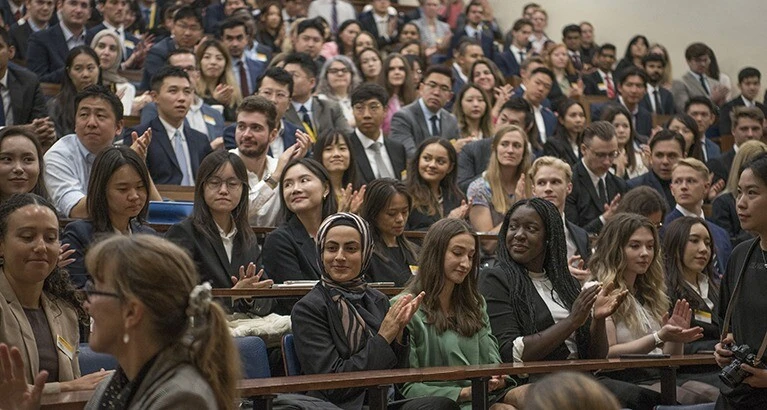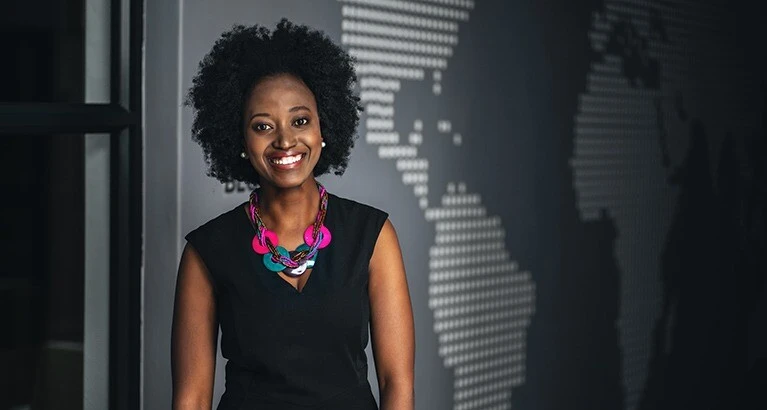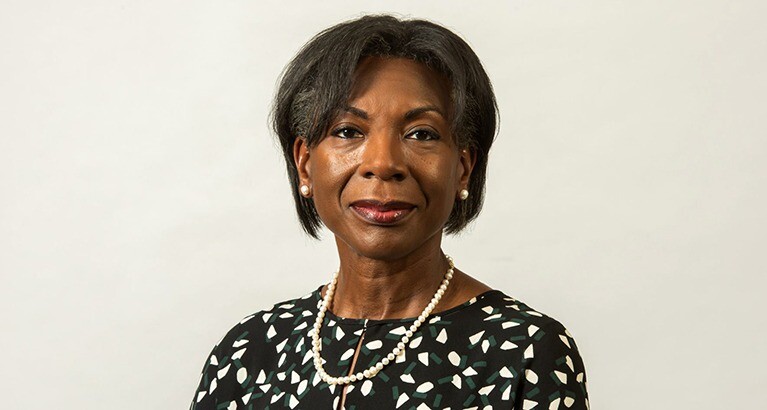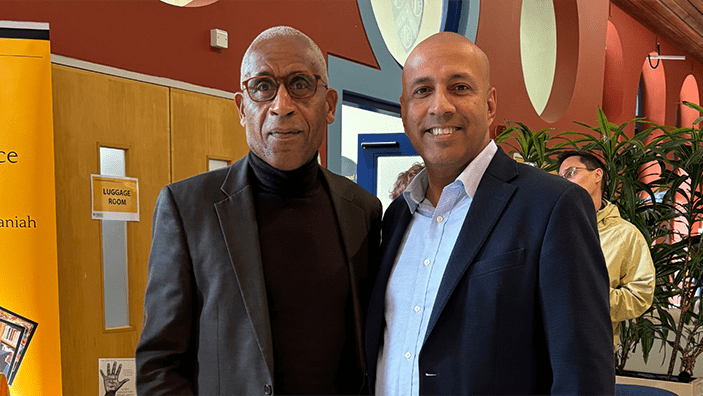
During Black History Month 2024, the theme of ‘Reclaiming Narratives’ takes centre stage, encouraging a re-examination of stories and influence to reflect the diverse and significant contributions of Black leaders and communities in the past and present.
“Narratives shape how we understand business and society, yet many of these are incomplete or exclude significant contributions,” said the Interim Dean of Cambridge Judge Business School, Professor Gishan Dissanaike.
At Cambridge Judge Business School, this idea was explored at a ‘fireside chat’ panel event led by prominent voices in academia, business, and activism, hosted at the School to mark Black History Month.
“Today’s conversation is about reclaiming those stories and recognising the impact of diverse leaders and communities in shaping industries and driving change,” Gishan said in introducing the event.
“As a business school we are committed to those aspirations,” he told an audience that included people from the Cambridge ecosystem and around the UK. (The remarks below are edited excerpts from the discussion.)
Changing the current Western narrative about Black people

Reclaiming the narrative also means challenging the narrow, often negative lens through which Black people are viewed in Western societies. Isokpan recounted her experience of growing up with media portrayals that limited her identity to a set of caricatures:
“I grew up with a stereotypical view, from television, of what a Black African was. They were put in a very negative box. I like dance, I like music, I like arts – not because I’m Black but because I’m a person. Blackness is not one thing.”
This shift in perspective is crucial in a world where media and popular culture continue to shape public perception. Challenging these narratives helps to create space for a more nuanced and authentic portrayal of Black individuals and communities.
Building a brighter future for our children
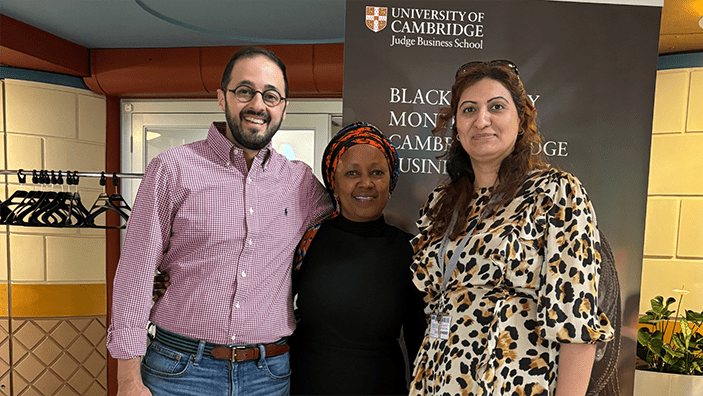
The discussion also touched on the importance of creating a future where Black children can grow up with pride and a sense of possibility. Tabitha Mwangi highlighted the lessons Africa can offer the world, especially on global issues like sustainability. For her, it’s essential that Black children have stories and role models they can celebrate and look up to.
“There’s so much Africa can teach the world including on crucial global issues like sustainability. It’s important for Black children to have something to celebrate. “
Simon Woolley echoed this sentiment, speaking on the resilience required to confront inequality with hope and determination:
“Black people have to deal with inequality with a smile. Sometimes it’s tiring, but we have no choice because we want our children to live and breathe and smile and be themselves in a place like this. So reclaiming those narratives is part of this process, and nobody wins until we reclaim the narrative.”
A call to action for society to acknowledge sidelined stories
Reclaiming narratives is more than just a theme for this year’s Black History Month; it’s a call to action for society to acknowledge and amplify the voices and stories that have been sidelined for too long. By challenging stereotypes, confronting historical injustices, and highlighting the contributions of Black leaders, we move closer to a more inclusive and equitable world. The conversation at Cambridge Judge Business School is a step in that direction, reminding us that the stories we tell today will shape the leaders and innovators of tomorrow.
The Black History Month panel
With thanks to the panel at Cambridge Judge on 17 October:
- Orobosa Isokpan, a Cambridge MBA alumna (MBA 2023)
- Tabitha Mwangi, Programme Director, Mastercard Foundation
- Lord Simon Woolley, Principal of Homerton College, University of Cambridge
The panel was moderated by Kamiar Mohaddes, Associate Professor in Economics and Policy at Cambridge Judge.



